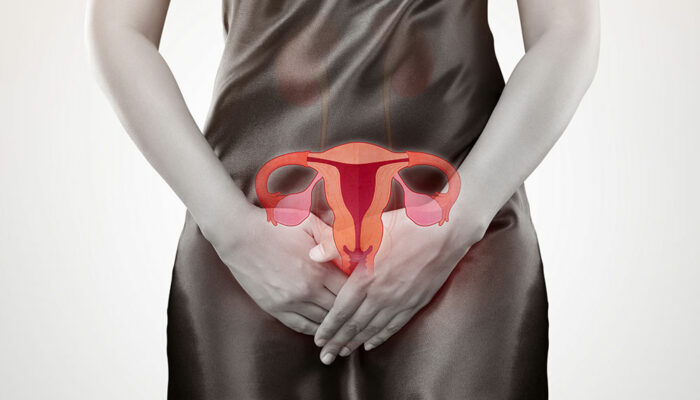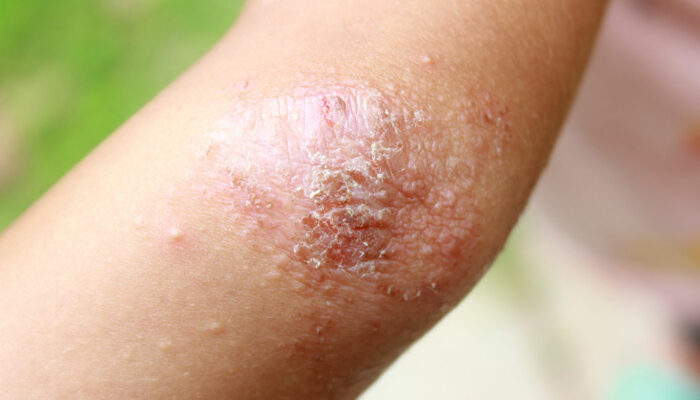
5 Natural Ways to Manage ADHD
Attention deficit hyperactivity disorder (or ADHD) is a neurocognitive condition that affects attention, focus, behavior, mood and impulse control. ADHD can be a difficult condition to treat, and while there is no cure for ADHD, there are effective ways to manage the symptoms. Natural methods such as herbal supplements, lifestyle changes, and even eating foods to reduce symptoms and increase the effectiveness of ADHD medications can help. Read on for natural ways to manage ADHD:
1. Omega-3 fatty acids
Omega-3s are a type of polyunsaturated fat that offers various health benefits. Some research suggests that they may also be effective in managing ADHD. Omega-3s are thought to help reduce inflammation and improve brain function. This can result in improved focus, concentration, and impulsivity control. The fatty acids EPA and DHA are the most well-studied in relation to ADHD. They are found in fish oil supplements and food sources such as salmon, mackerel, and sardines. Some studies have found that taking omega-3 supplements can help reduce these symptoms by up to 50%. However, it is important to note that more research is needed in this area to identify exactly how Omega-3s work in relation to ADHD.
2. Yoga
This exercise is a popular mind-body practice that many people find helpful for managing stress and improving overall health. Studies have found that this exercise may help improve symptoms of ADHD, including inattention and hyperactivity. Since it involves physical and mental components, it may help calm the mind and improve focus. It has been shown to help improve focus and concentration and reduce impulsivity and hyperactivity. In addition, this exercise can also help to calm and relax the mind, which can help manage stress and anxiety.
3. Zinc
This is an essential mineral that helps the body in many ways. It is involved in cell growth, hormone production, metabolism, and immune function. It also plays a role in cognitive development and has been shown to help manage ADHD. Studies have found that children with ADHD have lower levels of this mineral than those without the condition. It is thought that this mineral may help to improve ADHD condition by affecting neurotransmitter function. Neurotransmitters are chemicals that transmit messages between nerve cells in the brain. This mineral deficiency has been linked to poor neurotransmitter function, which may contribute to the development of ADHD. Therefore, supplementing your diet with this mineral may help to improve symptoms by restoring normal neurotransmitter function. This mineral also plays a role in cell growth, hormone production, metabolism, and immune function, which may contribute to better mental health and well-being.
4. Magnesium
This is a mineral that’s crucial to the body’s function. It helps keep blood pressure normal, bones strong, and steady heart rhythm. This mineral also helps the nerves and muscles to work properly. It works in the brain to regulate the neurotransmitter dopamine. Dopamine is involved in attention and focus. Low levels of dopamine have been linked to ADHD. This mineral also helps calm the nervous system. This may be helpful for people who have trouble sleeping or are easily agitated.
5. Electroencephalographic (EEG) biofeedback
For many people, Electroencephalographic (EEG) biofeedback provides a safe and non-invasive way to help manage ADHD. EEG biofeedback helps train the brain to self-regulate by providing real-time feedback about brain activity. This feedback helps people with ADHD develop greater awareness of their thoughts and emotions, ultimately leading to improved self-control. In addition, EEG biofeedback has been shown to improve sleep quality, increase attention span, and reduce impulsivity.



